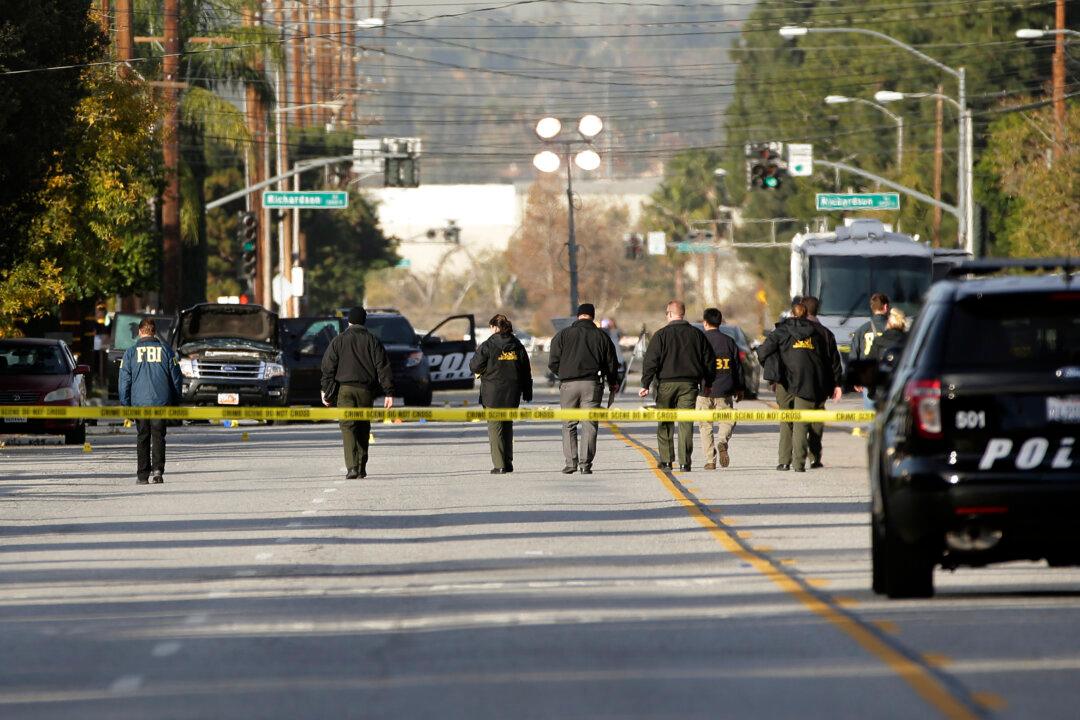As investigators search for a motive behind the deadly rampage in San Bernardino, politicians are searching for a way to talk about it.
The details of the California massacre at a holiday party — pointing at a possible link to Islamic militants and raising questions about domestic extremism — quickly knocked both Republicans and Democrats off their talking points, upending what has become a grim and predictable ritual in American politics.
Democrats who have vowed to use every mass shooting as a moment to call for new gun laws were tempering their rallying cries. Republicans who point to mental health services as the solution had begun to blame extremist views.
In an interview Friday morning, Florida Sen. Marco Rubio said “we have a violence problem in America” but added it’s not exclusive to guns. A U.S. citizen with a clean background but extremist views is perhaps the most significant threat,” he said.






